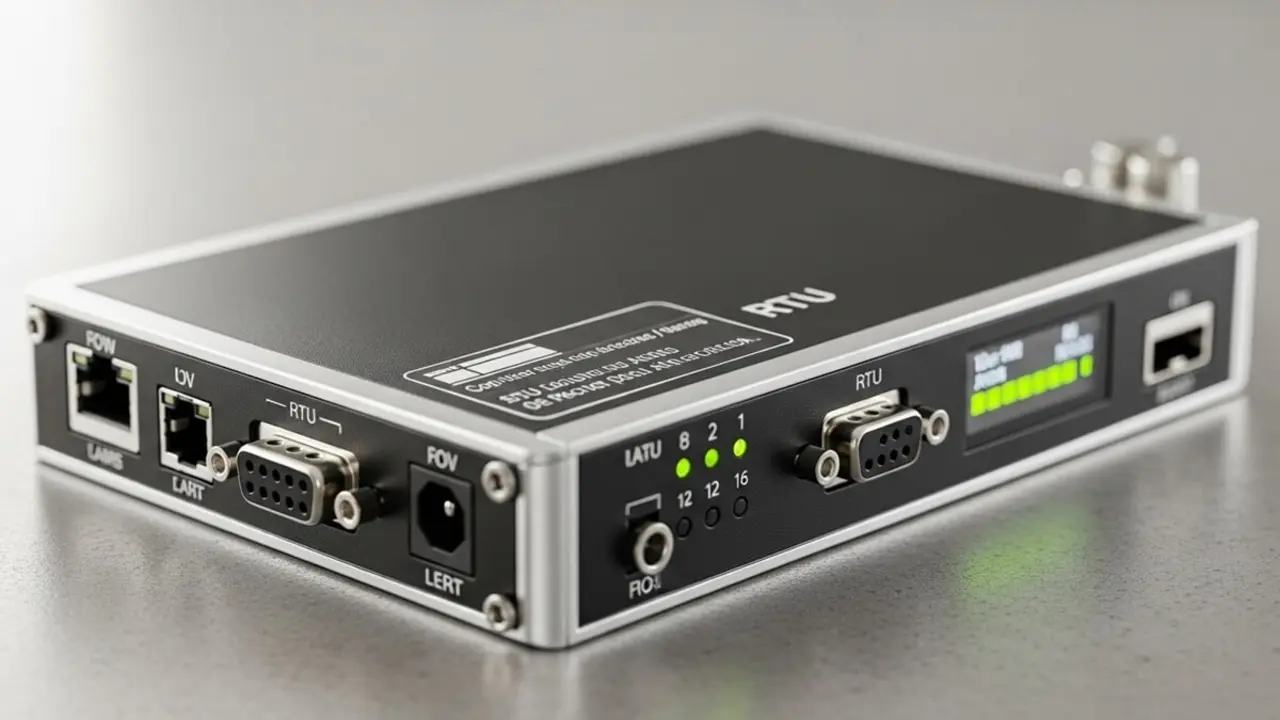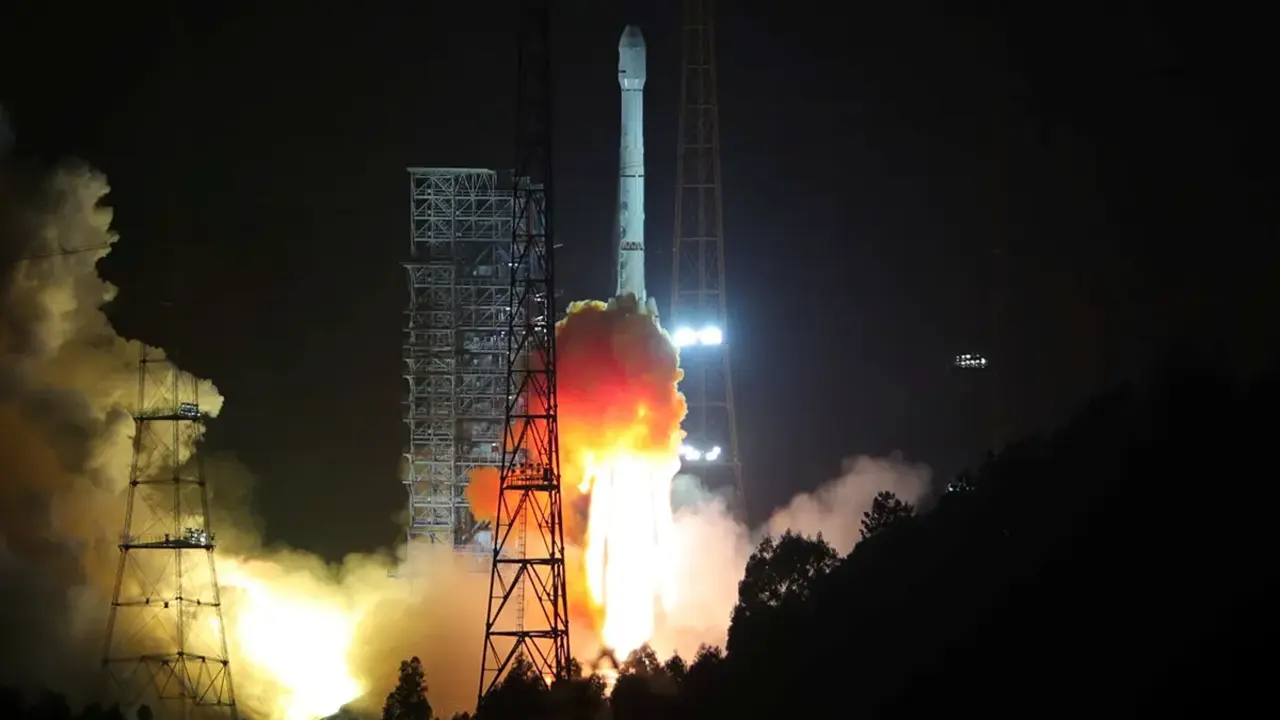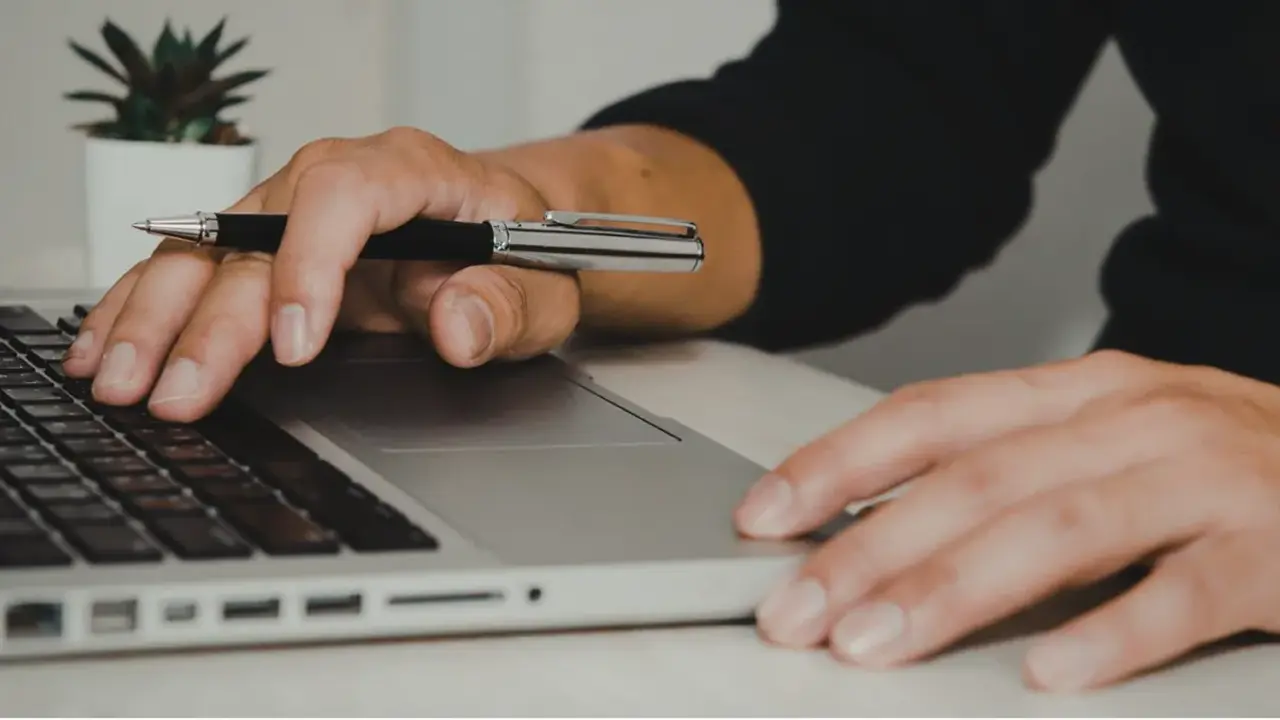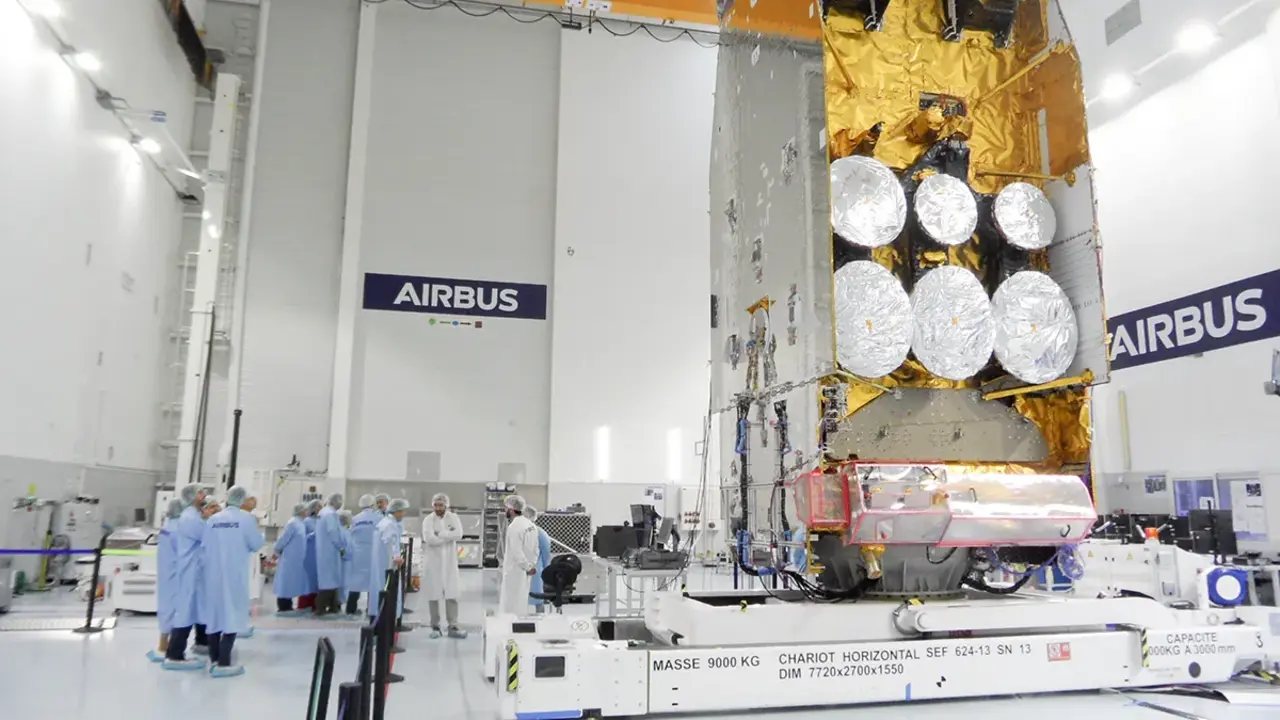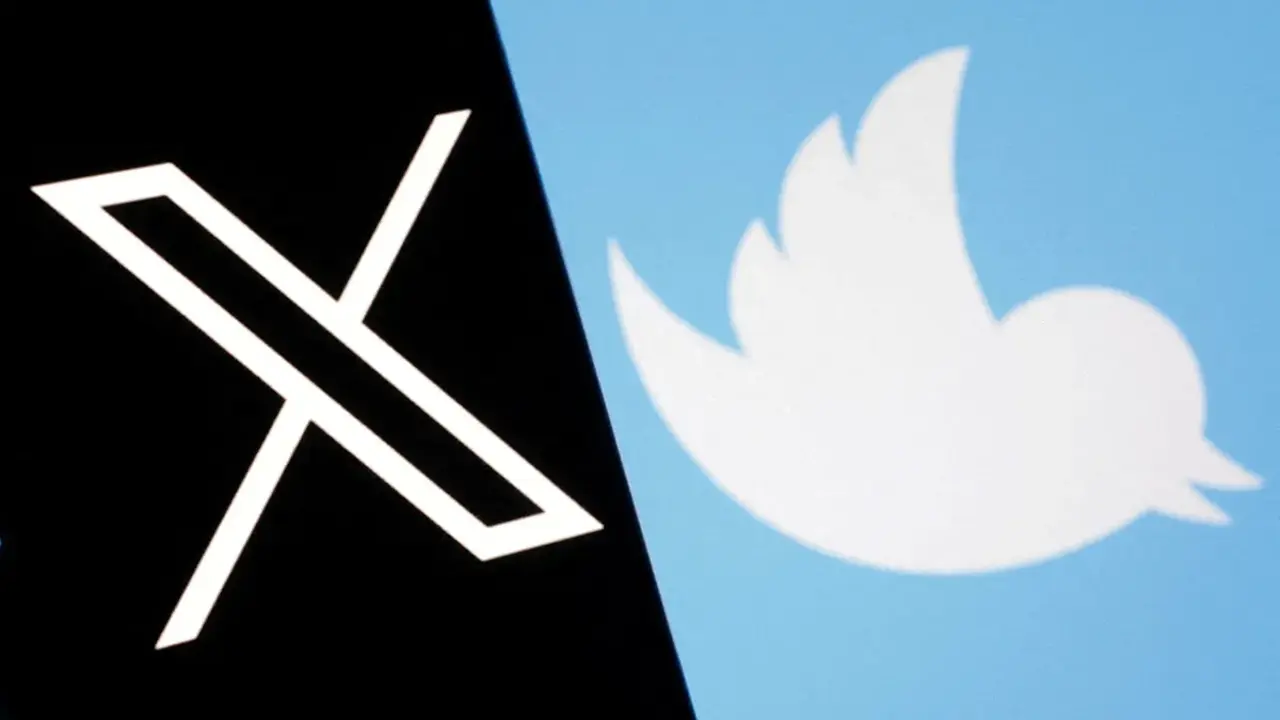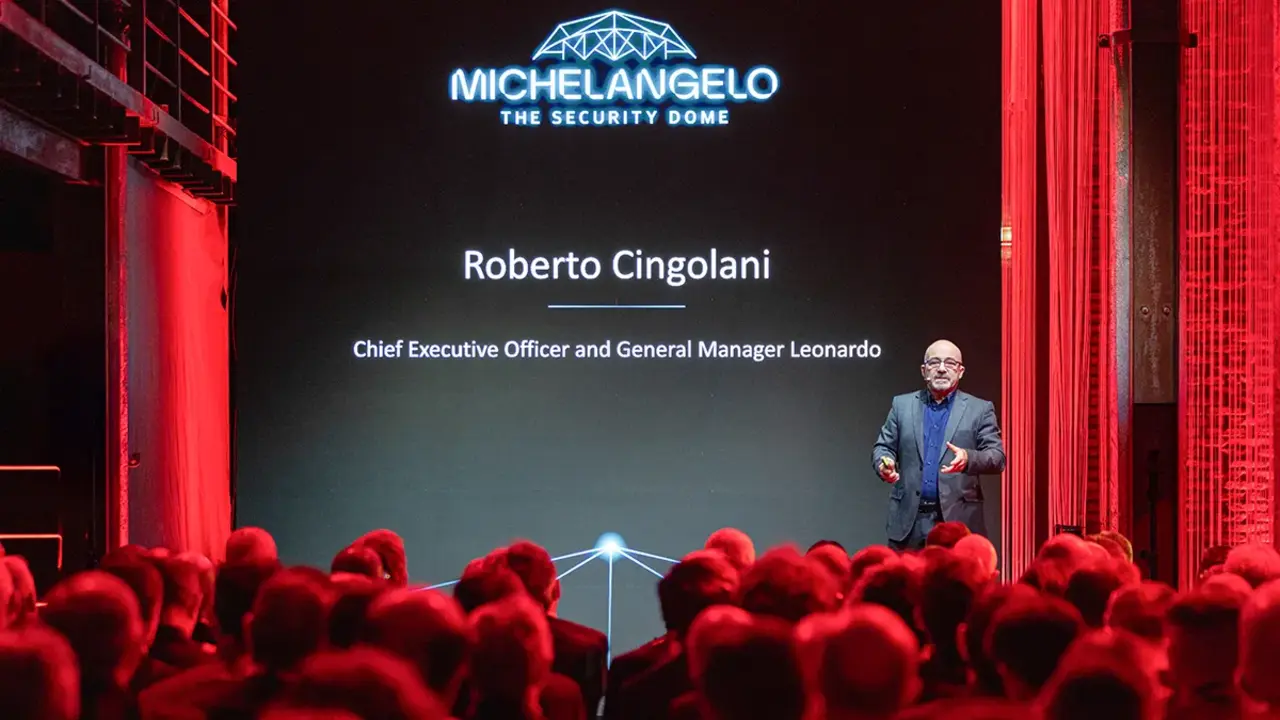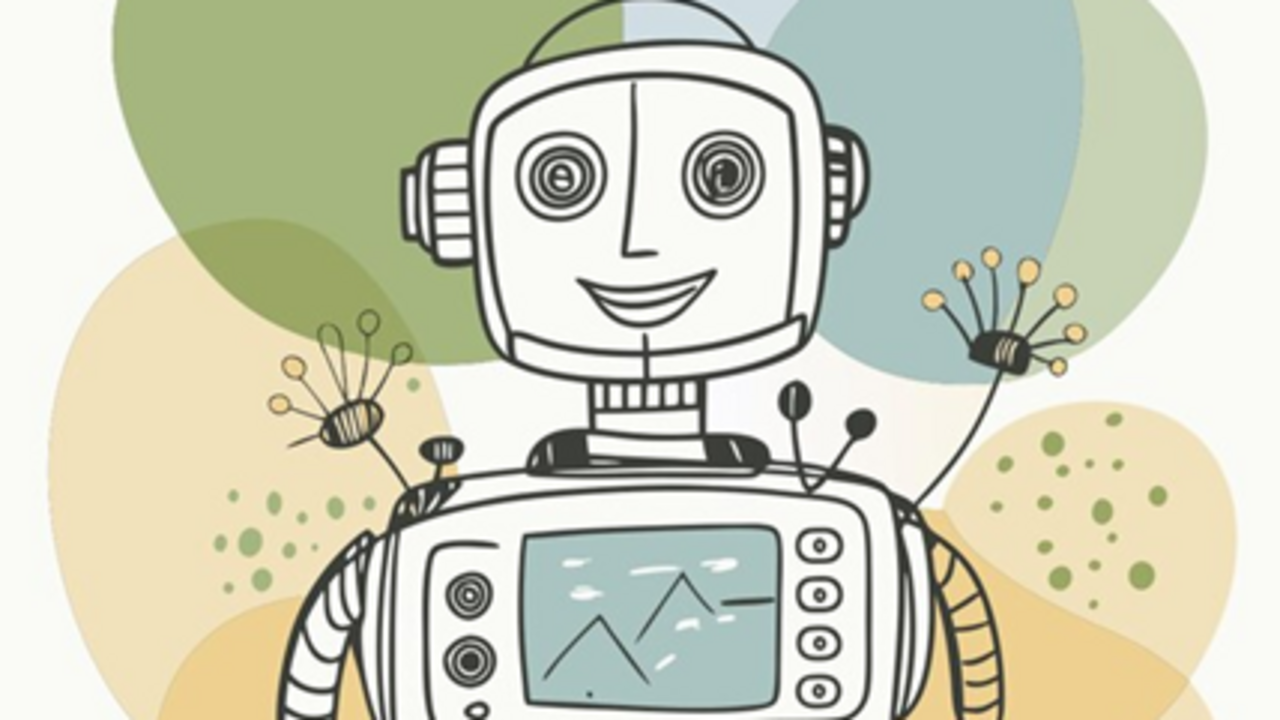Amazon also sells what it doesn't have
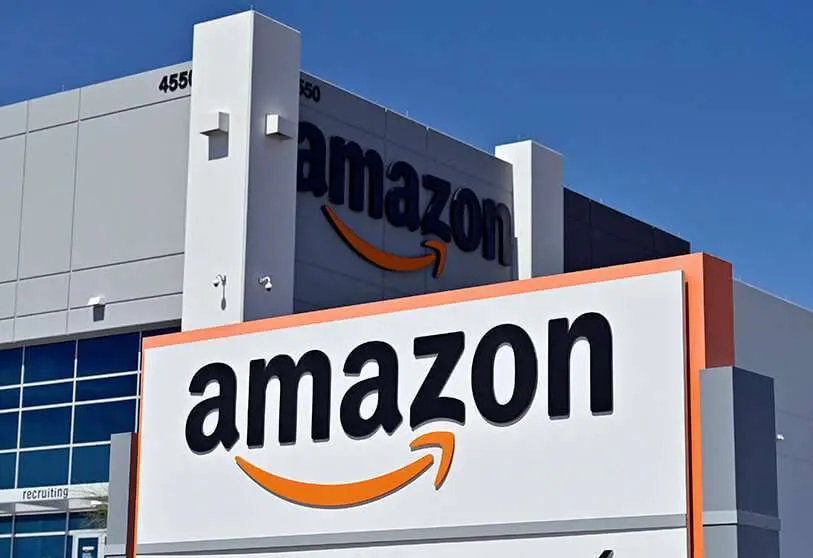
Amazon is also launching initiatives that are much more realistic than the drones for product delivery or its augmented-reality furniture. The American company has unveiled a crowdfunding system to sell products that are not even on its shelves. Something like buying off the shelf. Cheaper, but with the possibility of being left without the product if not enough enthusiasts believe in this consumer good. This is the Build It initiative.
What is Kickstarter?
Kickstarter was the website that pioneered this pre-sale system. A New York-based public benefit corporation that helps bring creative projects to life. XD Design was one of the brands that used this momentum to put a wide range of backpacks on sale. The difference was that they were theft-proof backpacks with a series of pockets and zips that were inaccessible to the thief. Today, XD Design has more than 10 different models of backpacks in different sizes and colours and sells its products physically in department stores.
How do you fund a product?
Amazon has started sponsoring a smart cuckoo clock, a food scale and a thermal printer. It has spun a fine line, because all three products are powered by Alexa, the company's personal assistant. Buyers have until March 19 to purchase any of the three products for considerably less than the price they will fetch later. The watch is available for pre-order for about $80, the scale for about $35 and the thermal printer for about $90. The printer is already at 90% of interested backers, while the other products are at 30%, but all indications suggest they will go on sale.
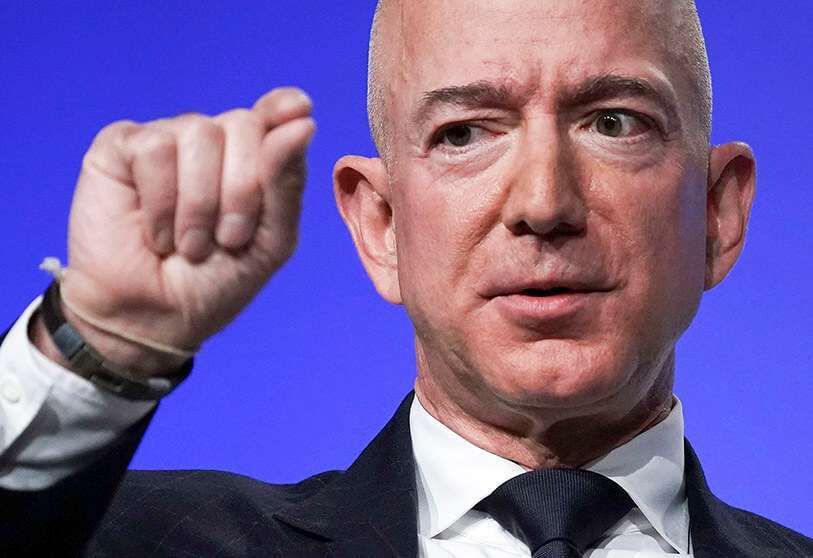
And then what?
When the inventor has enough money, he starts the manufacturing process. Amazon communicates on its products that the delivery date can range from July to September 2021. This is the norm on the Kickstarter platform, for example. Then, when the item is produced in larger quantities, the manufacturing process drops in price and that gives the option to sell it to the general public at a higher price and start making money. Amazon does not seem to have solvency problems, but the initiative will make it possible for it to continue launching other projects.
What about the competition?
Amazon has hit an important key in the business world. Now, other companies like Nike or Microsoft, for example, can try their luck by launching campaigns for new trainers or a customised tablet. If there is not enough financial support, the money is returned and that's it. If the project comes to fruition, they will have created new bonds with their customers that are much more important than the financial gain.

